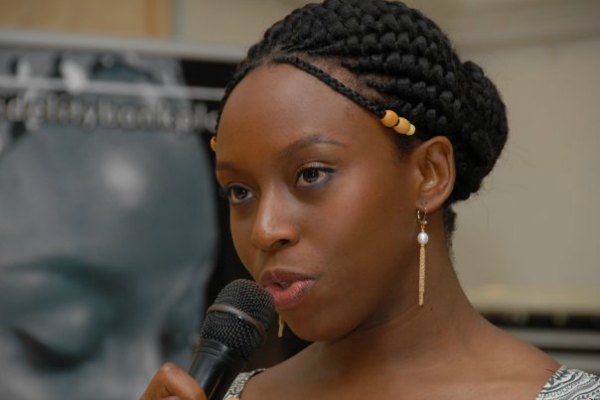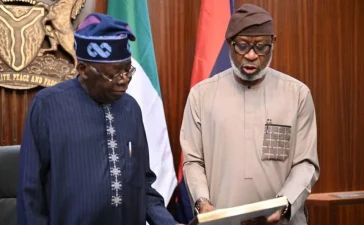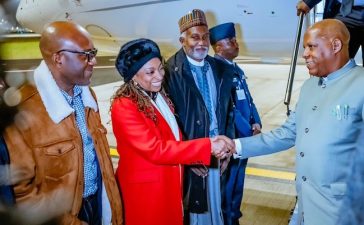The United States recently announced plans to uphold visa restrictions to certain individuals that undermined the democratic processes of the recently conducted Presidential elections in Nigeria.
“These individuals have been involved in the intimidation of voters through threats and physical violence, the manipulation of vote results, and other activity that undermines Nigeria’s democratic process,” said Anthony Blinken, the US Secretary of State.
Although Blinken stated that the US is committed to supporting and advancing democracy in Nigeria and around the world, the latest move contradicts its initial gesture towards an election it already considered free and fair when it congratulated President-elect Bola Ahmed Tinubu.
For an election largely characterised by massive rigging, intimidation and vote buying, calling it free and fair comes as a double-faced blunder America shouldn’t have made. Thus, globally acclaimed Author, Chimamanda Ngozi Adichie criticised America for congratulating Bola Ahmed Tinubu as President-elect in an open letter titled she titled Nigeria’s Hollow Democracy.
In a press briefing, U.S. Department of State spokesman Ned Price said: “The United States congratulates the people of Nigeria, President-elect Tinubu, and all political leaders following the declaration by Nigeria’s Independent National Electoral Commission, or INEC, on the results of the February 25th presidential election.”
For an election largely characterised by massive rigging, intimidation and vote buying, calling it free and fair comes as a double-faced blunder America shouldn’t have made. Thus, globally acclaimed Author, Chimamanda Ngozi Adichie criticised America for congratulating Bola Ahmed Tinubu as President-elect in an open letter titled she titled Nigeria’s Hollow Democracy.
The author classified the elections as a slap to the face of the Nigerian people and an insult to the collective intelligence of all Nigerians. “It is important to preserve the truth and to tell the story of what happened. That election was unforgivably flawed, and there is evidence for that, “Adichie noted to Arise TV.
“I wanted to call the US out for what I consider a kind of ‘two-facedness’ when it comes to Africa. The US has a long history of complicity in non-democratic elections on this continent. Recently in Congo, they endorsed an election that was an absolute sham. But then, the same US will turn around and criticise the Congo for not being democratic,” Adichie opined. Although the US has not listed the individuals it wished to place on a visa ban, this move comes off as a form of damage control in light of Adichie’s criticism.
A little backstory
On February 25, 2023, Nigeria conducted its 7th general election in the Fourth Republic which commenced in 1999. Many citizens -especially the apolitical young people- came out en mass to vote for their preferred candidates. The teeming young population that make up about 70% of the 200 million people in Nigeria are frustrated by the broken democratic system of the ruling All Progressive Congress (APC).
This was the chance to make it right so more young people became very involved in deciding the future. Coincidentally, a third force in the person of Peter Obi of the Labour Party – the supposed underdog political party – came up right at the nick of time with an impeccable track record to fuel the dreams of many young Nigerians. He was the ‘third force’ that disrupted Nigeria’s political clime as well as heralded the aggressive involvement of the Nigerian youth in politics. He gave rise to an organic movement of young people who wanted to vote.
Obi’s presidential aspirations created a political storm as he intermediated the two other dominant political parties- the APC and the People’s Democratic Party (PDP) both opposite extremes. Thus, fingers were crossed and all hopes were raised after the Independent National Electoral Commission (INEC) introduced the Bimodal Voter Accreditation System (BVAS) for credible elections. More so, young Nigerians further monitored the elections, sharing and storing results from their polling units online via social media channels like Twitter. Thus, when the results announced went contrary to what they had in hand, citizens cried foul.
Source: VenturesAfrica







